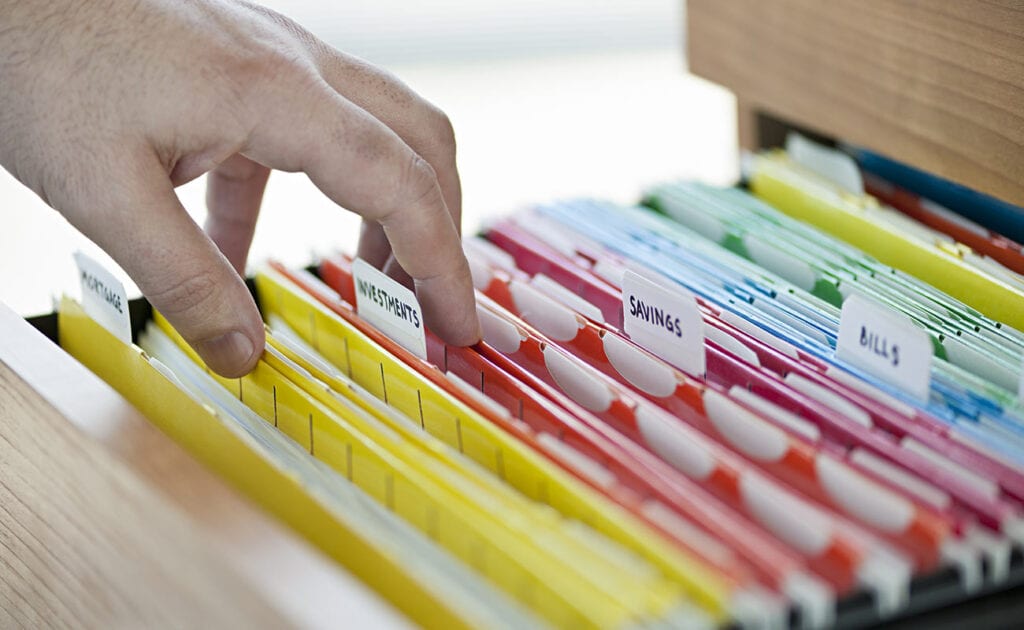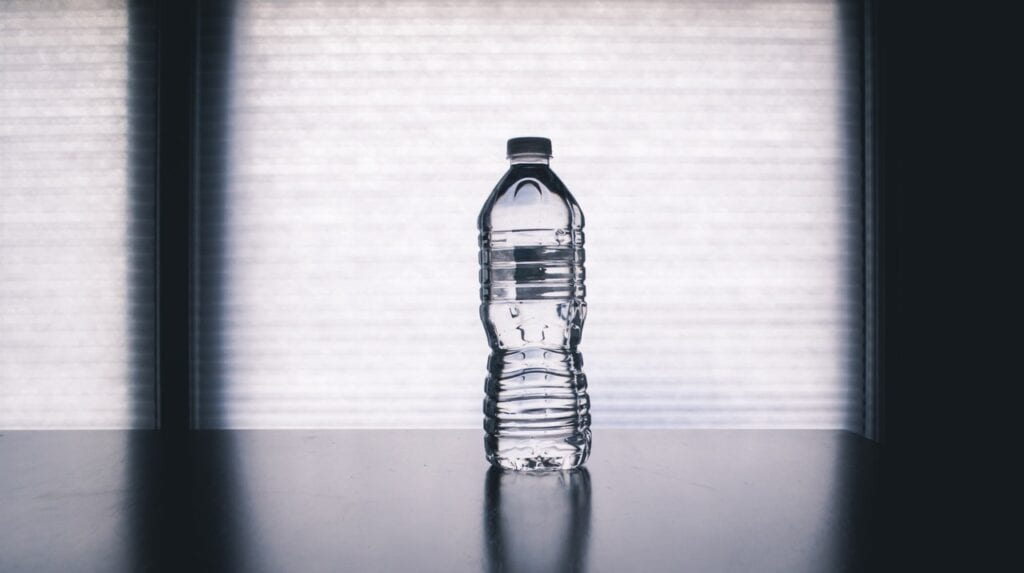Top 5 Items You Shouldn’t Store Long-Term – 2024 Guide

We live at a time when an increasing number of people are finding the need to declutter their homes. For some, it’s from a personal desire to revel in the magic of a tidy space, while others are disciples of the Marie Kondo method jumping on the bandwagon of this modern fad.
Whichever the case, the need to declutter has seen the proliferation of storage facilities across most cities, and their importance cannot be understated.
Anything, or rather most things, can be stowed away in a storage facility until such a time that you are ready to retrieve them. From clothes and books, to furniture and other appliances, and even vehicles and boats, a good local storage Seka Moving Company company can prove invaluable.
And not just when you need to make more room in your home. You can take advantage of storage facilities when you’re moving house and need a place to temporarily hold your items.
You can also rent a storage unit when downsizing, or even consolidating homes with a partner or family member.
Businesses may also find a need to use storage facilities whether as a safe repository for sensitive items or to hold excess inventory like furniture and equipment.
The same goes for commercial clients like real estate agents who may find storage companies a great option when staging homes, not forgetting others like book dealers, retail shop owners and specialists like building contractors and carpenters.
Now, like any other rental space, there are caveats on what you can and cannot store in your storage unit.
While most facilities prohibit certain items like narcotics and unregistered vehicles, there are also some items that may or may not be prohibited that you shouldn’t keep in long-term storage.
By “long-term storage”, we are referring to storage stretching longer than 90 days, so it could be 3 months or 2 years.
The rule of thumb when deciding what to keep in long-term storage is to go with items that are not likely to suffer any negative effects.
Here is a list of some of the top items you should not be keeping in a storage unit on a long-term basis.
1. Important documents, papers, and files

Sure, storage units can be a great place to keep your documents. But two things…
One is that if you intend to store any documents in a storage unit, you would be best served by opting for climate-controlled facilities.
Climate-controlled facilities will maintain the integrity of your documents as they can stave off the build-up of moisture and other detrimental things like mold and mildew.
Second, while what documents you choose to keep in long-term storage is very much your own decision, we are of the view that some papers, especially those with a direct connection to your personal identity are best kept closer at hand.
These can include important documents like birth certificates, marriage licenses, medical records, land titles, passports etc. Ideally, you should keep them in a fireproof document safe at home.
2. Valuables

Speaking of mold and mildew, changes in temperature and humidity can do that to some of your valuable items in storage – in addition to warping.
Items that are valuable to you like family paintings, furniture, antiques, clothes and even jewelry are best stored in climate-controlled facilities if you intend to leave them there on a long-term basis. The option is to keep them at home.
In addition, make sure to insure any valuable items prior to storage. Talk to the storage company you’re considering about the various coverage options on offer, but it’s highly likely that you will have to purchase third-party coverage.
3. Anything that requires regular maintenance

As we alluded to earlier, there are storage companies that also provide storage solutions for large units like vehicles, boats, and RVs.
Which is a great option especially if there is no sufficient parking space where you stay or it’s offseason and you won’t be using your boat or RV again for some time.
Thing is, though, anything with an engine or other complex moving parts should not be left at the storage lot for an entire year without being used, be it an RV or antique clock. Leaving “items” like these sitting idle for too long causes them to break down over time.
Of course, sometimes you have no option but to leave, say, your RV with vehicle storage perhaps due to lack of space at yours.
In such cases, it is important to make a point of stopping by on a regular to conduct periodic checks. If you won’t be in town for some time, then you might want to delegate that task to someone or find out what arrangements you can make with the storage facility.
4. Food and perishable items

Some people might want to store perishables like food items in a storage unit in case of an emergency. Which is not too far fetched really if the Covid-19 global pandemic has taught us anything.
There are those who have been tempted to buy food items in bulk in the event the items run out in the shops.
Regarding whether or not these can be kept in a storage unit, this will vary from one self-storage provider to the next.
Generally, most do not accept perishable food items like meat and vegetables as they are a draw for rodents, insects and fungi. The same goes for dry foods like grains and biscuits, and even canned foods. Basically, all types of food.
However, some have a more relaxed policy on food items and do allow foods that can stay for months without refrigeration.
We wouldn’t advise storing food items for the long haul, but if you insist that you must, at least find a storage company that allows it and observe necessary storage precautions and hygiene practices to prevent your supplies from going bad or getting contaminated.
5. Liquids

Like food items, most storage facilities prohibit storage of liquids in their units, whether that be bottled water or alcohol.
That’s because an accidental leakage could be damaging to other contents in the storage. In the case of liquids that contain hazardous materials, these can also prove damaging to the storage unit itself.
Plus, there is the small matter of leaks causing an unfavorable environment overall.
In the off chance that you find a facility willing to accept liquids, you might want to consider how state-of-the-art their units are. That’s because storing bottled water for long periods has been shown to cause the release of a chemical known as BPA (bisphenol A) which literally makes the water undrinkable.
So all your efforts will be for nothing.




